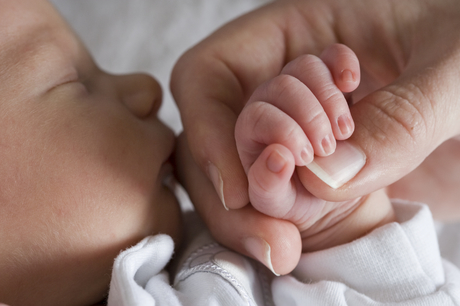One in five midwives at risk of PTSD, research shows

A study undertaken by Griffith University has revealed that one in five midwives is likely to be suffering from post-traumatic stress disorder (PTSD).
The national study, which was published in Women and Birth, was conducted across all types of healthcare settings. It asked 707 midwives questions related to their midwifery care and how they perceive themselves during traumatic birth events.
It concluded that one fifth of those surveyed meet the criteria for probable PTSD as laid out by the Diagnostic and Statistical Manual of Mental Disorders, edition 4.
“We asked a very broad range of questions to these midwives as we wanted to get a sense of their feelings of competence during what can be very stressful moments,” said Professor Jenny Gamble from the Menzies Health Institute Queensland.
“Events that midwives may encounter in their day-to-day lives may include, for example, the death or injury of a mother or baby during birth, abusive care by family members or simply care that is not undertaken in a very sensitive way.”
The research found that midwives often feel powerless to intervene and change the way care is provided by other healthcare providers, or they may feel pressured by another professional to make a decision.
“Alternatively, they may feel that the mother’s expressed wishes are overridden by organisational requirements of the hospital during the birth,” said Gamble. “If a midwife feels that she can’t do anything about these situations, then these can produce feelings of stress which can escalate.”
There is growing evidence that exposure to birth trauma places midwives at risk of PTSD, which can also increase perceptions of risk and affect a midwife’s belief in the normality of childbirth.
Gamble said there needs to be more awareness of trauma in the birth setting.
“Healthcare organisations at the primary level need to be more supportive of the risks of stress in the birth setting and provide an environment for midwives that enforces trauma informed care and practice,” she said.
Providing mental health support to young workers
Mental health is one of the leading reasons young workers do not finish their apprenticeships...
New psychology division supports organisational compliance
In recognition of the need to protect workers from psychosocial hazards in the workplace, Rehab...
Roof plumber dies after five-metre fall
The death of a 71-year-old roof plumber in October is currently being investigated by WorkSafe WA.







